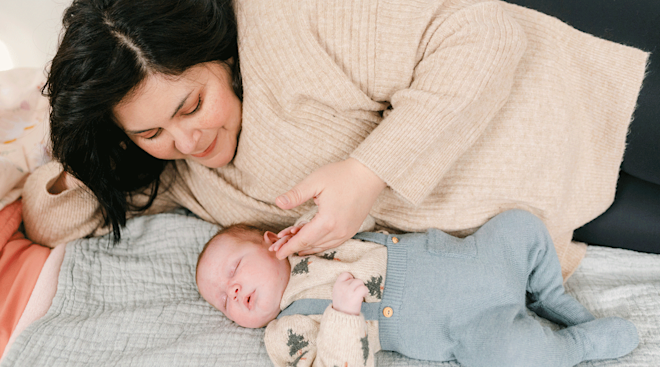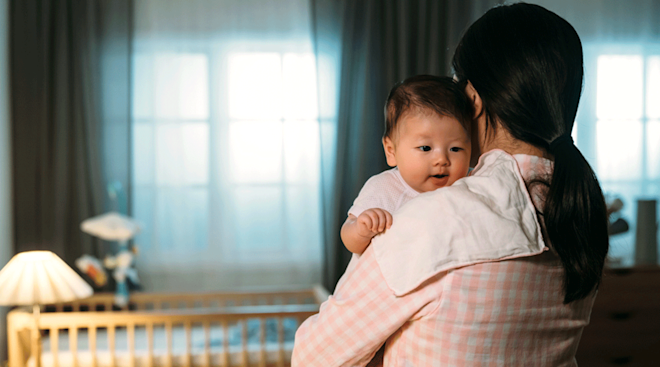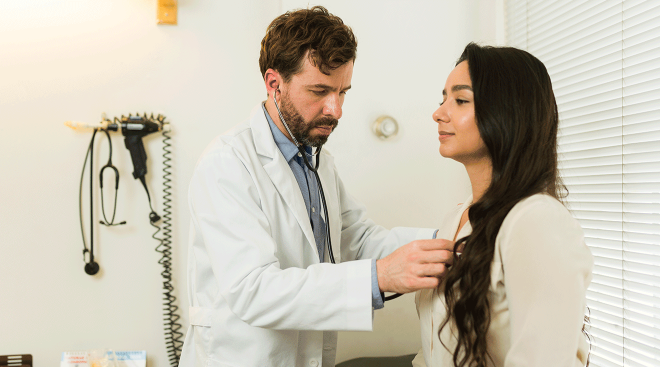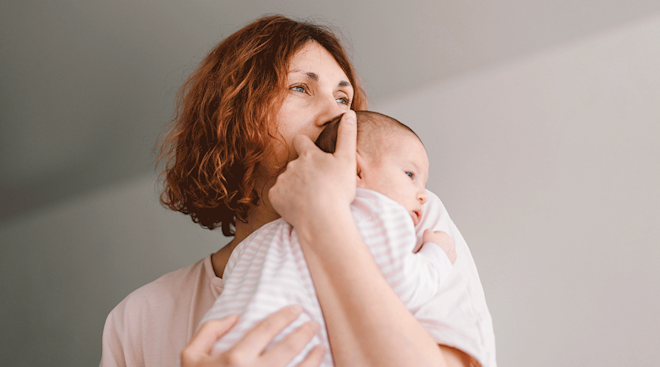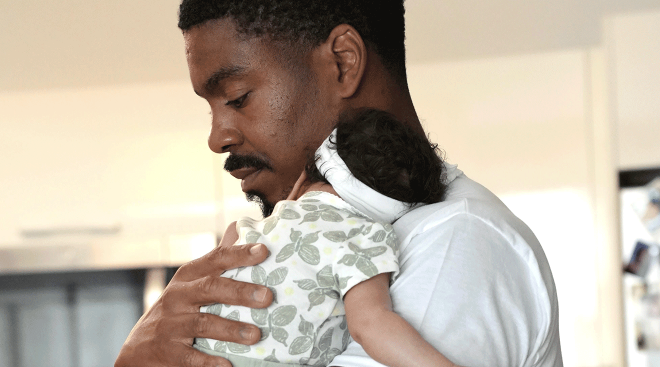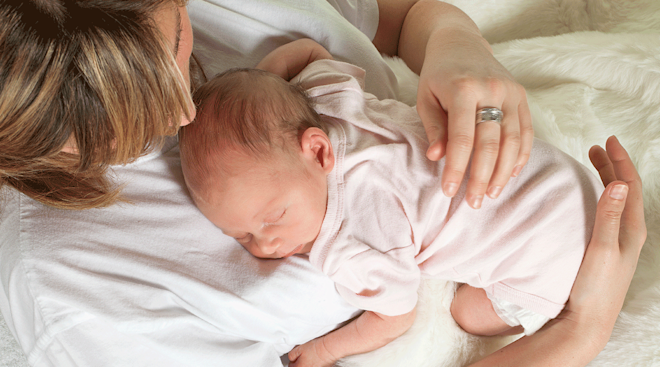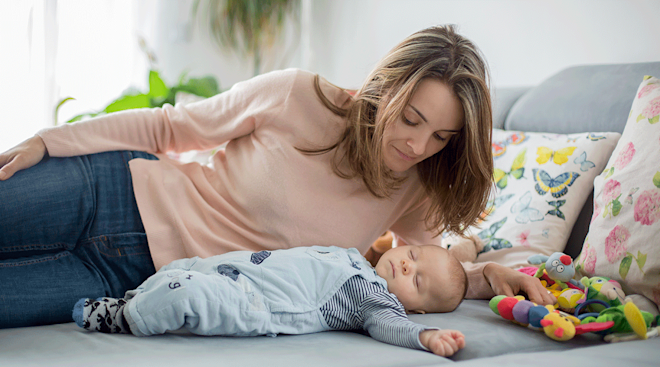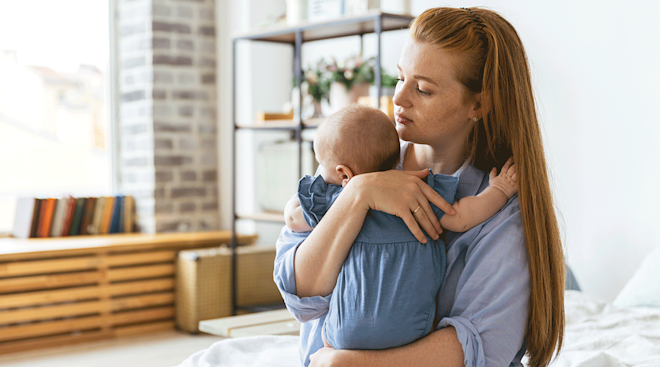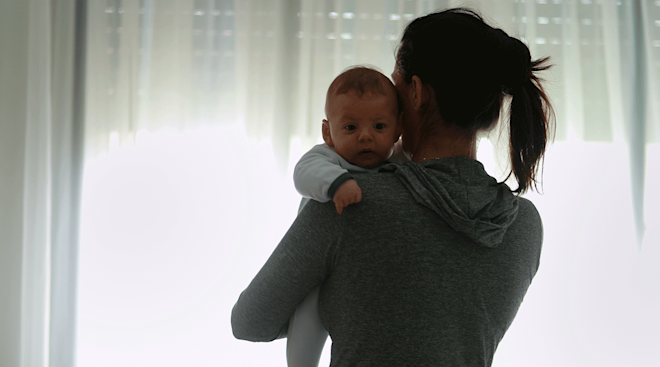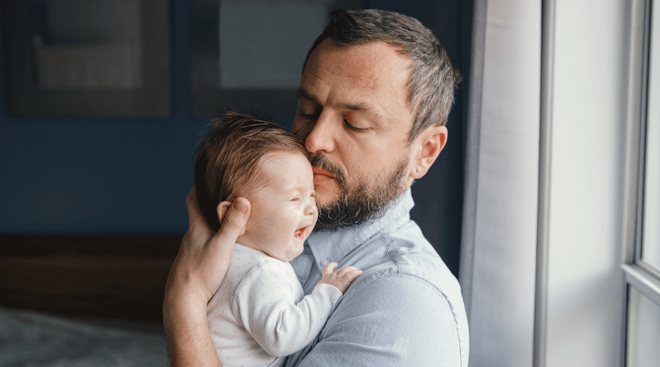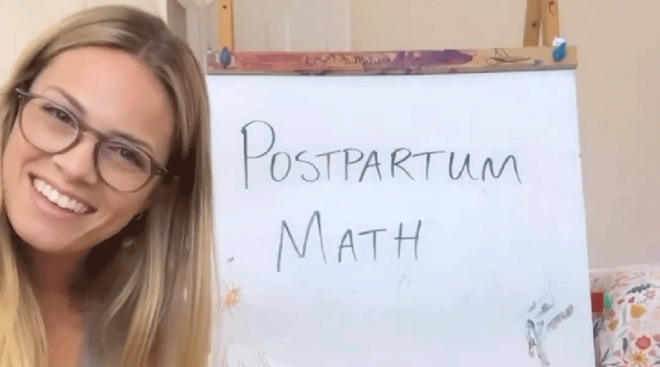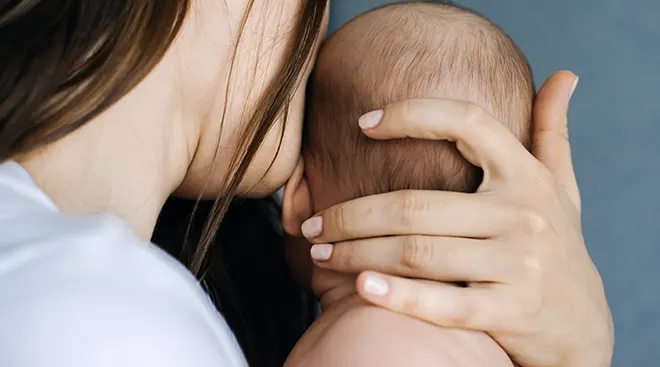There May Be a Link Between Your Immune System and Postpartum Depression, Study Says
The immune system might play an important role in the development of postpartum depression (PPD) after a particularly stressful pregnancy, new findings suggest.
The study was conducted by Ohio State researchers and used rats to examine the possible connection between the immune system, the brain and PPD. About 15 percent of all new mothers will experience PPD, which has a variety of symptoms including prolonged depression, difficulty bonding with baby, overwhelming fatigue and hopelessness.
“Postpartum depression is understudied and, as a result, remains poorly understood,” says lead author Benedetta Leuner. “Gaining a better understanding of the factors that contribute to this serious and prevalent disorder will be key to finding ways to better help women who are struggling.”
While there has been little research to on the connection between the immune system and PPD, some scientists have observed signs of inflammation in the blood and found mixed results. The Ohio State study looked at the medial prefrontal cortex, a mood-related brain region previously implicated in postpartum depression.
For the experiment, rats were stressed during pregnancy to mimic common risk factors for postpartum depression in humans. Similar to behaviors seen in women with postpartum depression, the stressed animals exhibited decreased attentiveness to their babies and depression- and anxiety-like behavior.
And, unlike unstressed animals, the stressed rats had higher levels of inflammatory markers in their brain tissue. Researchers believe the stress might lead to changes in how certain immune cells in the brain function.
“We’re really excited because this suggests that inflammation in the brain may be a potential contributor to postpartum depression,” study co-author Kathryn Lenz says. “Eventually, this might provide a better target for treatment, whether through medication or other techniques such as meditation, diet and stress reduction.”
There are a lot of different things that can affect your likelihood of experiencing PPD. Here are four factors you may not even realize play a part. If you or someone you know is experiencing symptoms or warning signs, talk to your doctor and find out how to treat it so you can start to feel better.
Please note: The Bump and the materials and information it contains are not intended to, and do not constitute, medical or other health advice or diagnosis and should not be used as such. You should always consult with a qualified physician or health professional about your specific circumstances.
Navigate forward to interact with the calendar and select a date. Press the question mark key to get the keyboard shortcuts for changing dates.

































